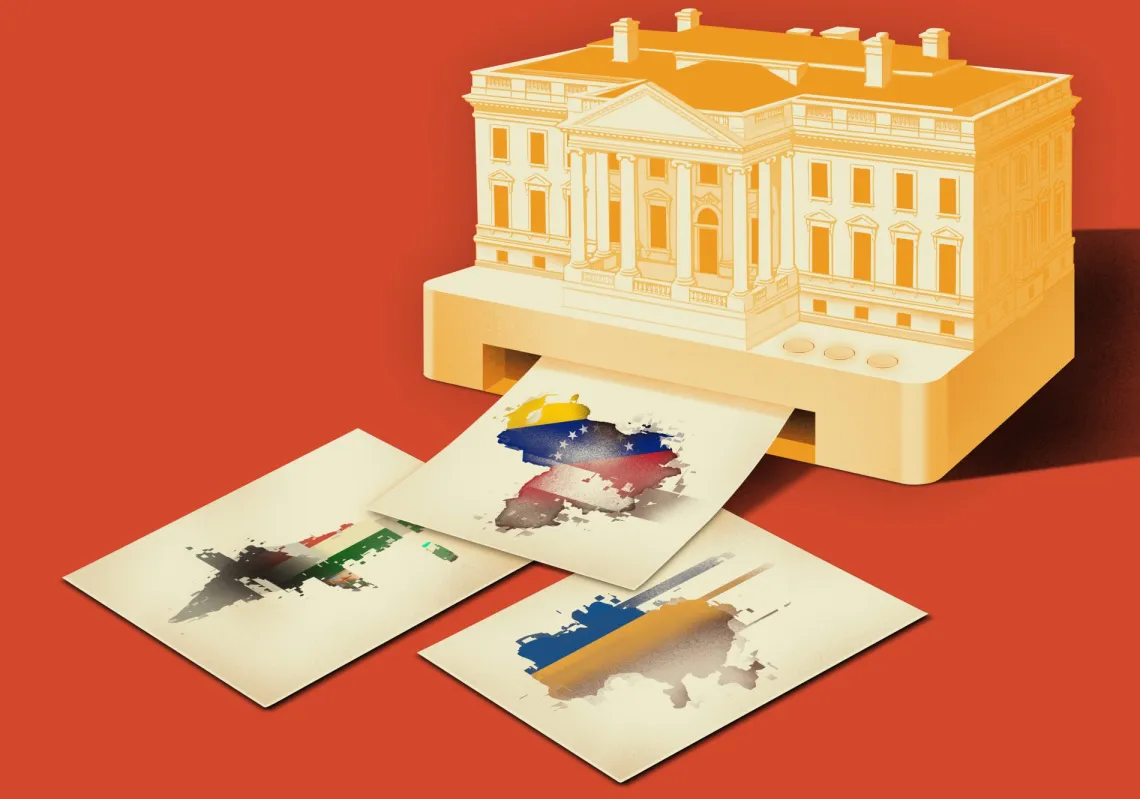On 9 August, a military confrontation erupted in al-Kahaleh on the main road between Damascus and Beirut, in Lebanese territory that is affiliated, both ideologically and socially, with al-Kata’ib al-Lubnaniyya, better known in the west as the Lebanese Phalange.
The trigger was when a truck overturned, causing uproar in the neighbourhood when it was made known that it was carrying Hezbollah arms.
The exact details of what happened remained unclear.
Hezbollah says that those accompanying the vehicle were pelted with stones, and then attacked with live ammunition. The Phalangists insist that it was the Hezbollah operatives who opened fire first, but at the end of the day, two people were killed in the gunfire exchange.
One was a member of Hezbollah and the other a resident of al-Kahaleh who ironically, was not a member of the Lebanese Phalange but rather, more closely affiliated with the Free Patriotic Movement (FPM) of ex-president Michel Aoun.

Hezbollah came out with a statement, saying that “militiamen from the area” opened fire on the truck driver and his associates, while the Phalange leadership is holding the Iran-backed party fully responsible for what happened in al-Kahaleh.
This comes just one week after deadly clashes were recorded in the Ain al-Hilweh Palestinian Camp near Sidon, where a senior officer from Fatah was shot dead in late July. The back-to-back events of al-Kahaleh and Ain al-Hilweh have brought Lebanon on the verge of what many fear could lead to a repeat of the tragic events that triggered the Lebanese civil war back in 1975.














